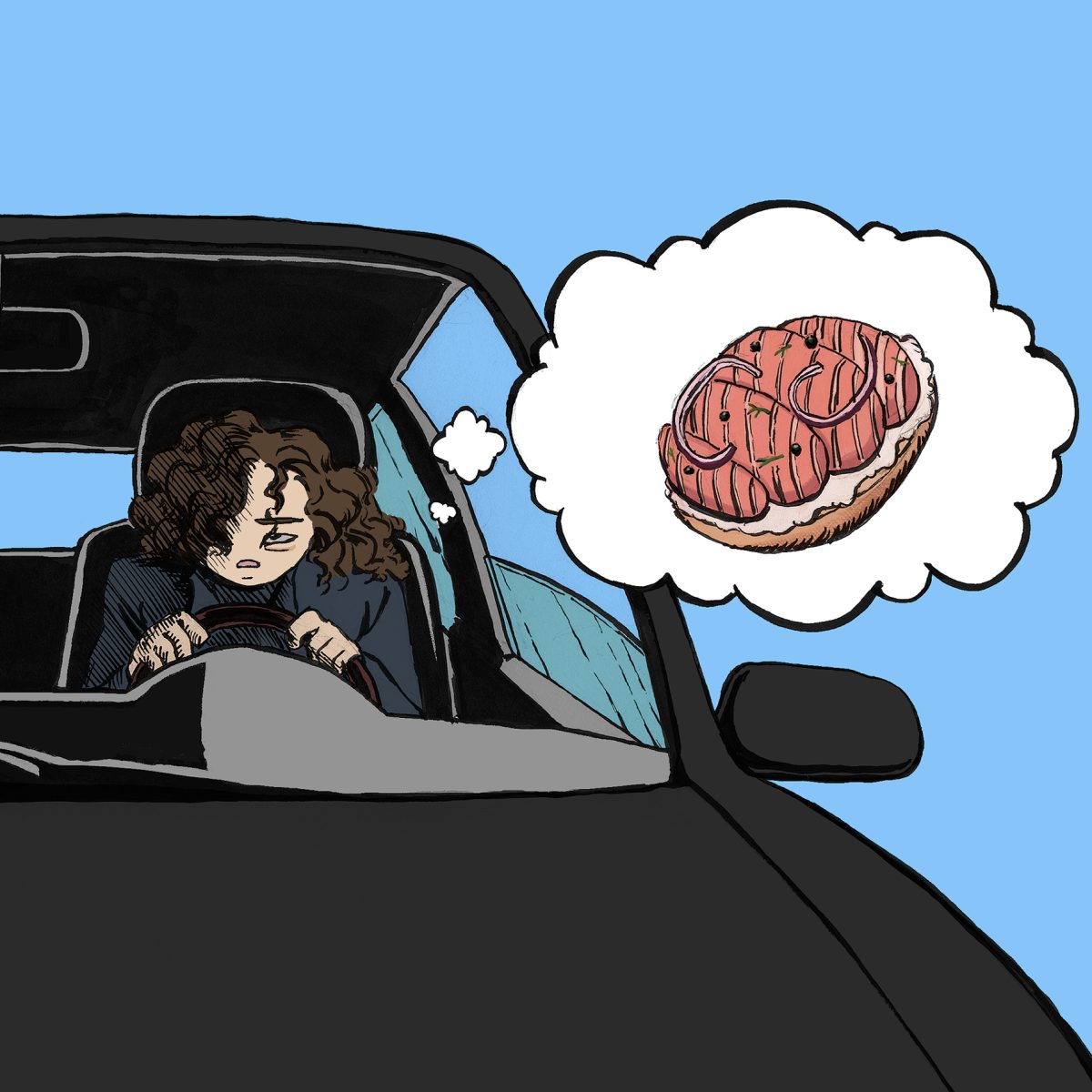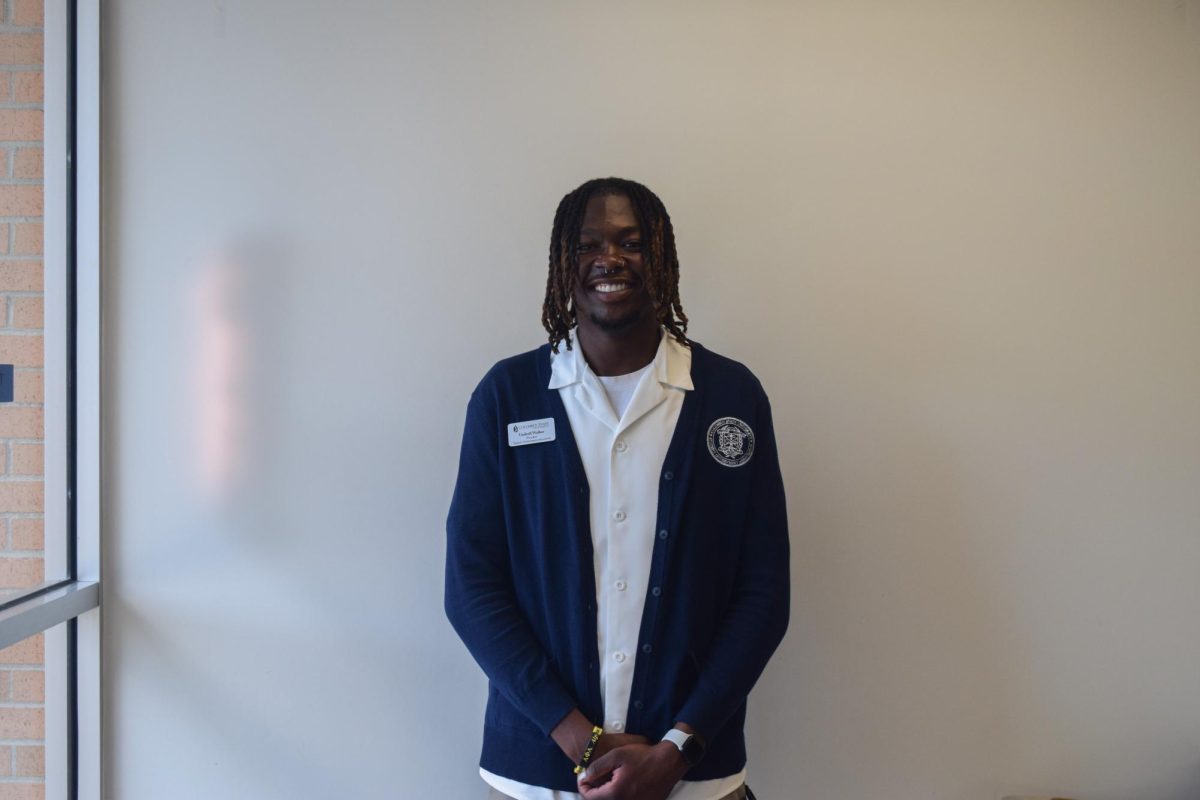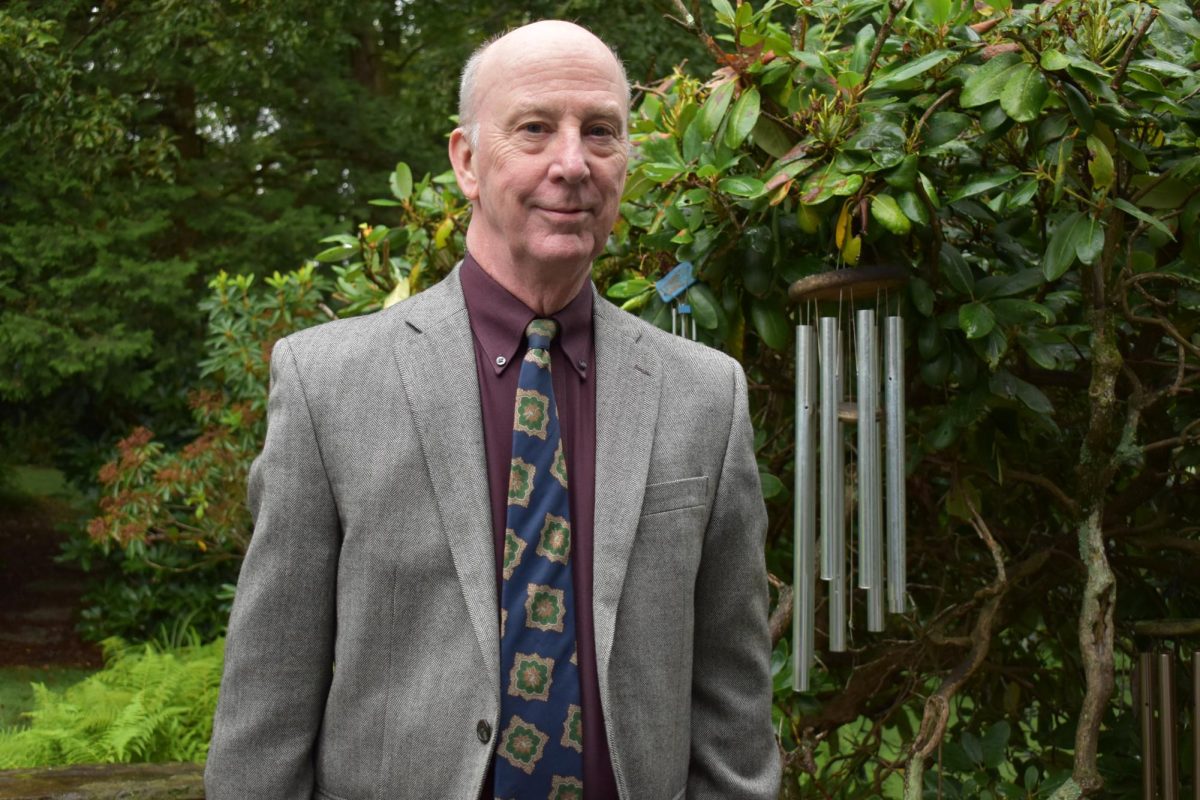Some argue that “the new American dream is to leave.” For Dr. Dan Rose, director of Columbus State University’s Counseling Center, these opinions hit home.
“My son just turned seventeen,” Dr. Rose stated. “I can hear him saying things about wanting to live somewhere else. He’s studying to be able to move to Norway.”
The Counseling Center has seen the common cause of this desire first-hand: despair.
“We’re in the midst of a mental health crisis,” Dr. Rose affirmed, describing the “tidal wave” of individuals struggling with their mental health.
Monetary concerns greatly contribute to this sense of hopelessness. Dr. Rose noted that the security that previous generations had seems out of reach.
“It’s been getting worse for a while,” he asserted, speaking to his own experiences. “I have an income far greater than my father and he was able to work far less, get less money and send his kids to college… wages have not increased to meet the cost of living. We hear folks voicing it.”
Dr. Rose has spoken with students who worry about their post-college prospects and the constant struggle to meet demands, asking “How am I gonna be able to make it out there? How am I gonna be able to do what’s asked of me?”
Aside from the labor worries, there are also political concerns. Dr. Rose has noted fears about the upcoming election and other political matters to be ubiquitous, coming from students, staff, and faculty across the political spectrum.
“There’s a sense of gloom and doom,” he says. “If one sides wins, the other is going to need to move.”
Isabel Ehrlich, a senior cybersecurity major, thinks a bit differently. As a Jewish, queer, and disabled individual, she’s not quick to think of leaving the US as a perfect solution.
“It’s not off the table, but I’m not making any steps towards it, either,” she said, partly due to many countries still having “ableist” immigration restrictions.
These restrictions and the potential difficulties in obtaining medication in other countries make Ehrlich feel that she would rather deal with the US and forgo the “additional level of bureaucratic bullshit.”
Ehrlich is keeping tabs on the European Union for now, as “they have the best stuff going.”
She stated that her ambivalence towards moving abroad would only change if threats that are currently “passive and avoidable” became active or unavoidable.
Alexander Johns, the President of Pride+, once contemplated leaving the country but has had a change of heart.
“I don’t want to feel like a tourist in my own home,” he stated, “And as a black trans man, I find assimilation harder.”
Johns and Ehrlich had similar views about the ethics of moving abroad.
“I always want to shy away from gentrification,” Alex responded, noting the trend of Americans moving to other countries and increasing the cost of living.
From Ehrlich’s view, the ethical side depends on the wheres, whys, and intentions to either join the community or “live in an enclosed community of expats.” She finds the former “less morally dubious.”
When asked whether we have a duty to better where we are instead of leaving, Ehrlich gave a thought-provoking response. “In an ideal world, yes. But the world’s not ideal. Sometimes you don’t have a choice about leaving…”
All three seem to agree that moving abroad is no quick fix.
“We have a saying in the shrink biz,” Dr. Rose stated, “You gotta be careful of the geographical cure.” The geographical cure refers to when an individual tries to fix something by going elsewhere.
“Problem is,” Dr. Rose finished, “you bring yourself there.”
Ehrlich agreed, instructing potential emigrants to be aware of their limits; “They aren’t going away, and they will likely get worse.”
Dr. Rose urges prospective expats to have a “clear understanding” of what problems they bring with them, such as language difficulties or lack of friends and family. He cites the importance of educating yourself and visiting the location prior to moving there.
Ehrlich and Dr. Rose both caution expats not to get sucked into the media vacuum.
“In late capitalism, divisiveness makes money,” Dr. Rose insists, noting the election cycle which will worsen the effects. “That’s how you get clicks.”
“Don’t react out of fear,” Ehrlich instructed. “Take a step back. Don’t listen to just what the media is putting out.”
Dr. Rose stated that he is “wary of a term like ‘happy’” when asked if it was possible to be happy in America. He called it a “trap.”
“Late-stage capitalism wants you to be happy because it sells things,” he finished, urging prospective leavers to be careful of that. “I think the term would be: can you be content? Can you feel fulfilled? And yes, you can.”
He says to aim for fulfillment instead and happiness will come as a “secondary thing.”
“Happiness comes and goes as suffering is there too. Part of being good at mental health is not ending suffering but getting better at it.”
The counselors at CSU take “affirming” approaches when people approach with political concerns. While Dr. Rose wouldn’t necessarily dissuade someone who felt that “the only solution” they have is to emigrate, he’d want to encourage them to think of other options.
“That could be a place of hopelessness and helplessness,” he explained, “The first step is to empower.” He cautions against being tricked into the “prey state,” a state of constant hypervigilance.
“In a state of fear, you tend to have a reaction, not a response,” he notes. “A response requires you to take a breath. It has to be tactical.”
He notes that “elements of the system” such as racism and sexism aren’t fixed. “The goal is that you can be empowered in enduring those. You can be empowered to take a breath and discover what you can do.”
Johns hopes we fight to change our home for the better. When asked how we can remain optimistic in times like this, he suggested we stay informed and engaged about the changes that are coming.
“Politics is a marathon, not a sprint,” Ehrlich concluded. “It will take time, but we have enough pushback… some of the damage we’ve seen can be reversed. It will take time and hard work.”









